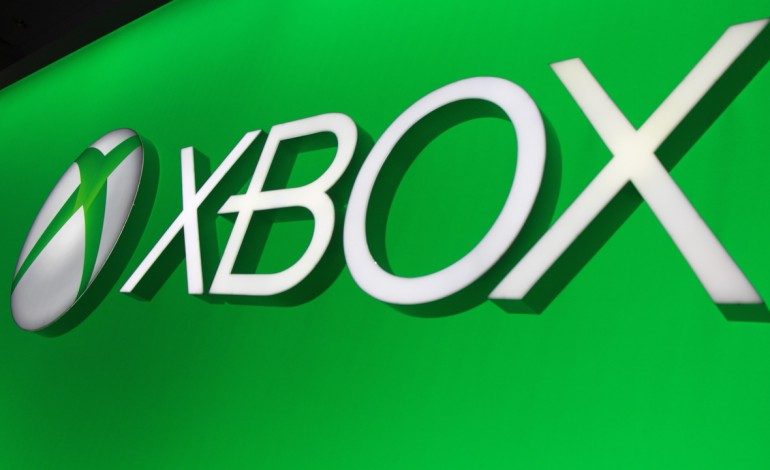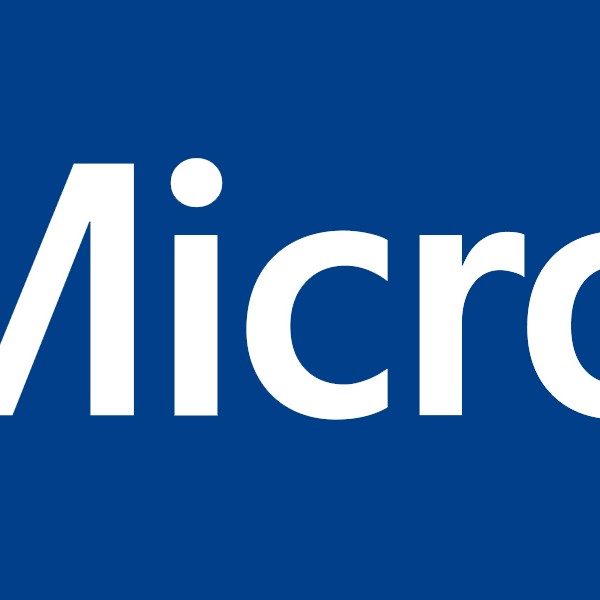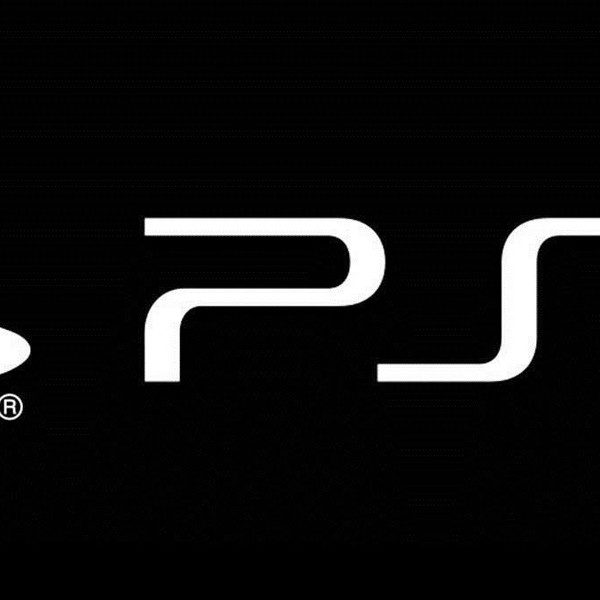

This past month, Sony made a big leap forward in the video gaming war between Microsoft and Nintendo; Sony’s grand VR experiment has attracted the attention of gamers and non-gamers alike. Released for consumers on the pre-holiday stage, PlayStation VR is not only new to players, but gaming studios are also quite unsure about its future. Yet Sony has taken the first step amongst the three major gaming console firms. With the HTC Vive, the Oculus Rift, and now Sony’s PlayStation VR, the market is even more open to the possibility for VR gaming to become a new standard for gaming.
However, as virtual reality gradually settles into place and finds its way into the gaming landscape, Xbox executive, Phil Spencer, isn’t quite ready to jump on the VR bandwagon. According to Gamespot, in an interview with Stevivor, Spencer acknowledged the bright future virtual reality gaming has in the gaming landscape, but he also stated why Microsoft is a bit hesitant take on VR for the Xbox:
I don’t know, just to be honest. I love the technology behind VR. I have a Vive, I have an Oculus. I’ve used the PlayStation device a lot in demos and stuff. I don’t think the creators in the game space have yet found – well, they haven’t obviously perfected the craft of building VR games. It’s so early, I think we’re a couple of years before we’ll really see that hit mainstream.
He goes on to state that most VR gaming is at a stage where the games feel like experiments and demos rather than an actual game – an experience. He notes that although there are several games that utilize great video in VR (taking you places you’d never be able to travel to), or they simulate an experience that would otherwise be unobtainable (exploring the surface of Mars), Spencer believes that the VR still is trying to find its spot in gaming.
I think VR will find its spot in gaming; I would make that bet. We designed Scorpio as a VR-capable console. Whether that happens this year, next year or the year after… like I said, I still think the creative community has to get its arms around what are these new tools, and this new feeling — this new immersion. What experiences do you put in people’s hands to have a long term engagement? Most of these things I’m playing now feel like demos and experiments, which I actually think it’s absolutely the right thing to have happened. That’s not a criticism at all, but should be happening. But I think it will take time.
Spencer argues that he hasn’t found any VR game that gamers undertake for a long period of time, in what is called “long-term engagement.” He alluded to other, shorter games that connect to his argument in that they are mostly about the experience rather than the gameplay. Spencer then went on to criticize the existing VR headsets, noting that the wiring is quite cumbersome to gamers.
You need to have the compute capability not be wired to my display that’s on my head. That means I either have some kind of high-bandwidth wireless HDMI or I have compute here. With the HoloLens we’ve chosen to put compute in the HMD itself, so it’s right there. With HoloLens we picked where we think the tech’s going to be in ten years, because we see a lot of people doing great work in the VR space today.
Although, Spencer offers his skepticism and critique with current VR gaming, Xbox’s Project Scorpio is reportedly going to be VR-ready. The next gen console is said to be the most powerful console by the time it is released in the fall of 2017. However, Microsoft has not announced any specific plans for releasing a headset for it.
Play games, take surveys and take advantage of special offers to help support mxdwn.
Every dollar helps keep the content you love coming every single day.


